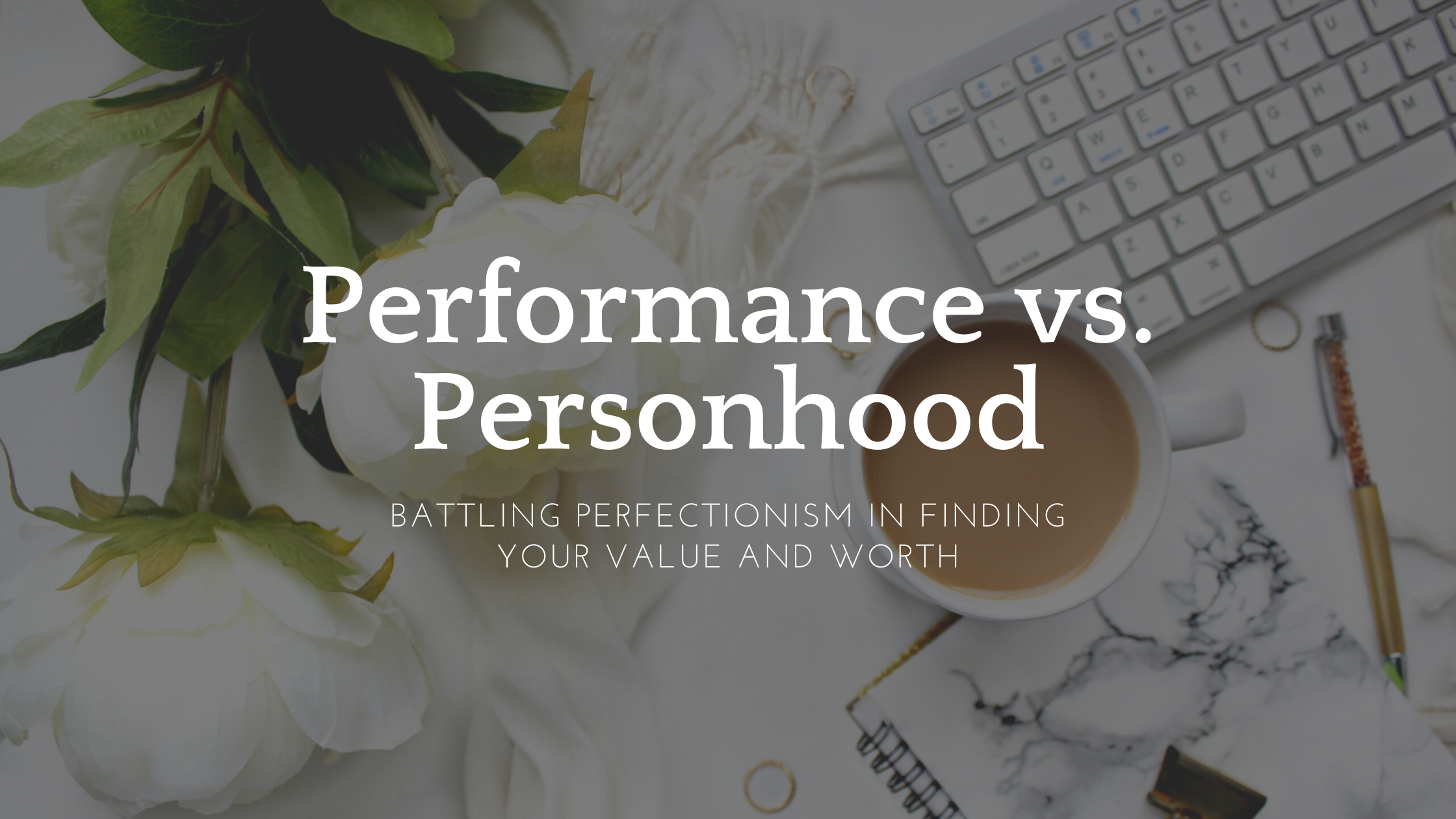It’s Saturday night, and you’re home alone again watching Netflix. Cuddled up in your blanket, you open Instagram on your phone. Before you know it, you’re scrolling through your feed, checking out all the latest engagements and baby announcements of your friends. You see a group of former high school classmates taking a beach vacation together, a group of friends posting a picture out at the bar, and your ex posting a photo with his new girlfriend. Suddenly you’re swimming in a sea of depression, self-loathing, and comparison.
Whether you’re a mom of young children bogged down by the demands of a Pinterest perfect lifestyle or you’re obsessed with the number of views of your Instagram story or TikTok video, use of social media has infiltrated our culture to such a degree that our lives feel defined by our status updates.
A study completed at University of Pittsburg a few years ago indicated that heavy use of social media was correlated with depression. Connections were also found between time spent using social media and the severity of depression symptoms, number of social networking platforms used and levels of depression, and a decline in happiness with use of Facebook.
A major factor in the link between social media and depression is what University of Houston researchers termed “social comparison”. This refers to the tendency we have to flip through our feeds and compare our lives to those of our “friends.” People present their best, most polished selves on social media, and we spend time comparing those highlights to our worst moments. We can feel jealous of what others have and give in to the mistaken belief that being perfect is what will make us happy. Even comparing ourselves as better than someone else can have a negative impact on our moods.
Bullying plays a significant role in negative moods associated with social media. Research shows that negative experiences are common on Facebook – in fact, as many as 1 in 4 adolescents reported being bullied through text or social media. These negative experiences can not only contribute to depression in the short-term, but they can cause long-term traumatic effects.
What are some ways you can regain control over the impact social media has on your mental health?
Remove the apps from your phone.
Sometimes when I’m bored, I suddenly find myself mindlessly scrolling through Instagram. Has this ever happened to you? The easy accessibility of apps on our phone makes the choice to look at social media almost unconscious. Deleting certain apps makes that decision more of a conscious choice. Adding the extra step of typing the website into the browser before you can look at it is a deterrent from mindlessly scrolling social media.
Turn off your devices or charge them in a separate room an hour before bedtime.
In addiction treatment, “HALT” is an acronym used to describe situations in which addicts are more likely to be triggered: when they’re hungry, angry, lonely, or tired. These emotions can come up late at night, particularly feelingtired and lonely. In other words, nighttime is the perfect setup for you to be sucked into a social-media-fueled depression. If you place your devices in a separate room and make a point not to use them before bed, this takes the temptation away.
Take a social media break.
When social media feels like it’s consuming your life, consider taking an intentional break. Choose not to look at any of your social media apps for a day, a week, or a month. Enforcing this break might involve deleting apps from your phone or using an app like RescueTime to limit your ability to access social media.
Limit checking social media to certain times of the day.
It’s easy to click over to TikTok, Instagram, or Facebook many times a day without thinking, and we can feel the wasted time slipping through our fingers. Instead, choose two or three specific times during the day that you know you’ll have time and plan to look at your social media accounts then. Sticking to this plan allows you to look forward to your scheduled time to check.
Figure out your purpose for social media.
Have you ever stopped to think why social media is so important to you? Is it to maintain friends? To feel connected to people who are far away? To receive support or encouragement from others? Or even just to distract you when you’re feeling bored? Ask yourself why you are using it. Studies have shown that those who use social media for positive interactions, social support, and social connectedness have positive outcomes for depression and anxiety. How can you use social media as a means through which you can decrease loneliness? Remind yourself of what purpose it serves for you every time you log in.
Take an active role.
Use your Facebook or Twitter accounts as a tool to post honestly about your life, to give encouragement to your loved ones, or to connect with your friends. Studies show that “surveillance use,” or seeking to use social media to observe others’ lives rather than express your own (or what I think of as mindless scrolling) increases depression. Use these accounts to share your authentic self and embrace your imperfections, combating the mistaken belief that perfection is the goal for happiness.
This article was originally posted on November 30th, 2017 under the title “Six Simple Ways to Cut Through the Social Media Funk.”











